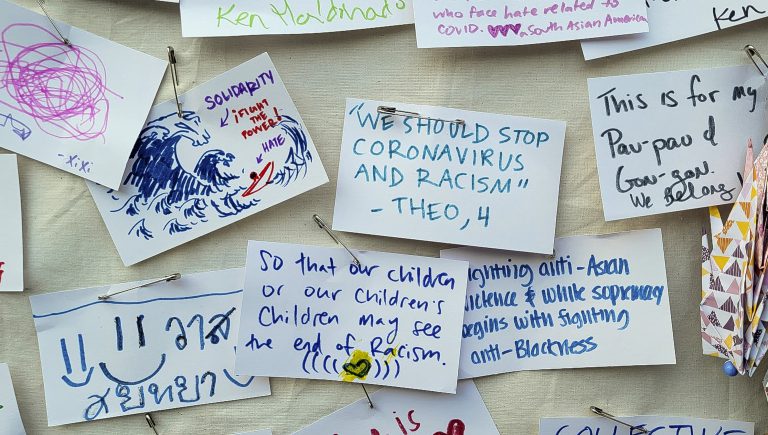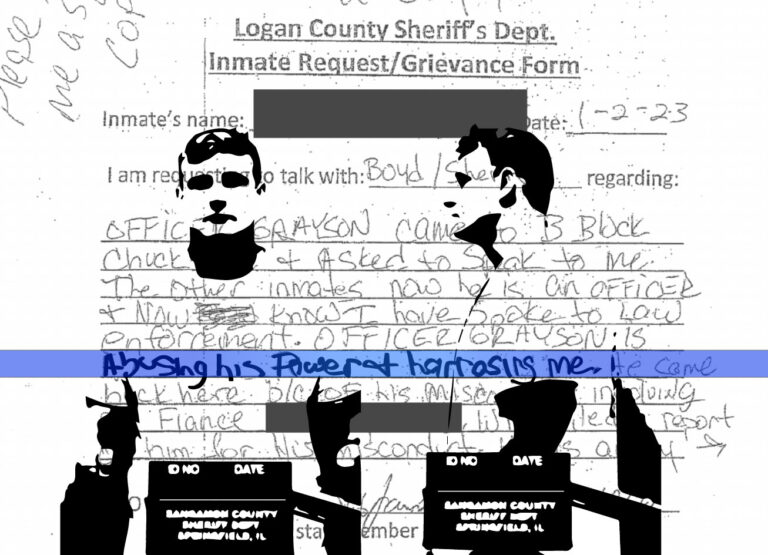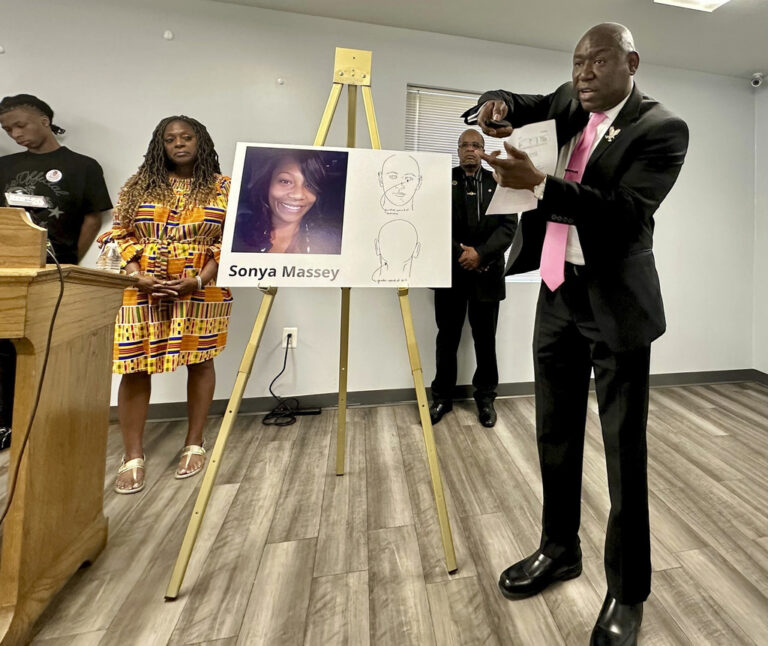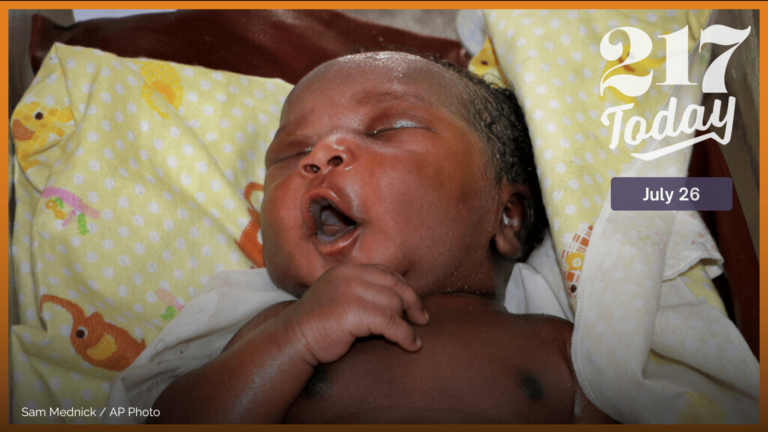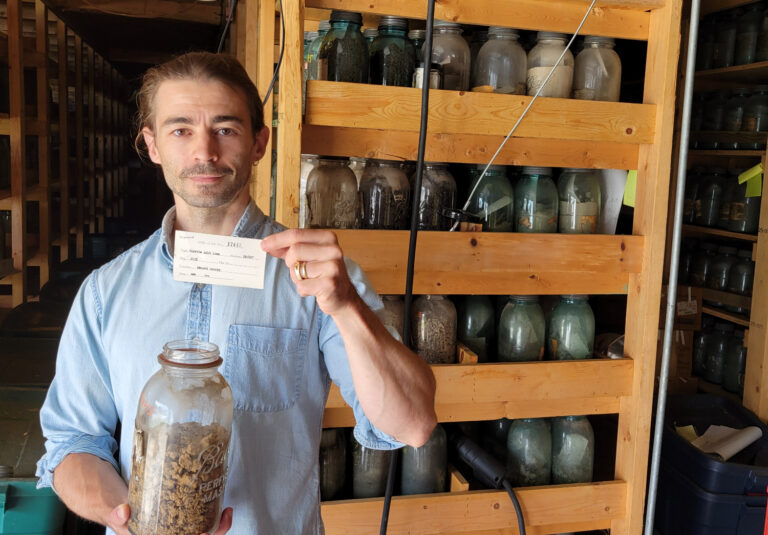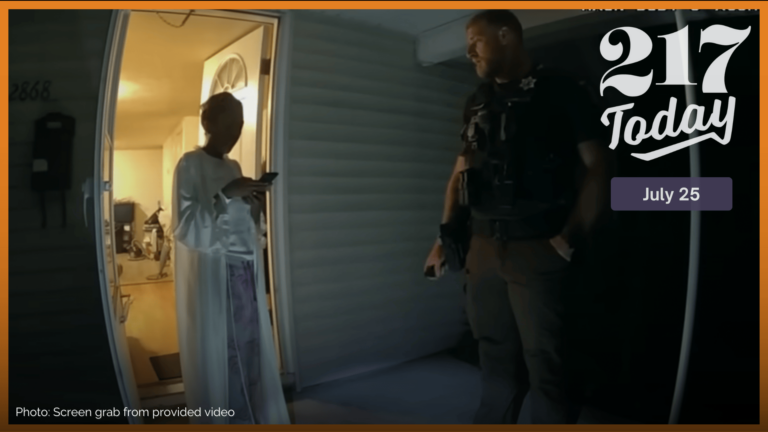URBANA – Anti-Asian hate appears to have worsened during the pandemic.
A recent study from California State University finds anti-Asian hate crimes reported to police in major U.S. cities rose 150% last year — even as overall hate crimes dropped 7%. And an analysis released this month by the group Stop AAPI Hate found nearly 3,800 self-reported cases of “hate incidents” against Asian Americans in the U.S. throughout the pandemic — from March 19, 2020 through Feb. 8 of this year.
David Chih, director of the Asian American Cultural Center at the University of Illinois at Urbana-Champaign, says the rise in anti-Asian hate nationwide is taking a toll on the Asian American community in east central Illinois, leading to feelings of anger, frustration and despair.
“And we… as Asian Americans, never know when it might happen to us, the next time we go out to the grocery store or walk around on campus,” Chih says.
People who experience racism can suffer health consequences, says Teresa Mok, a licensed clinical psychologist in Urbana.
“Feeling stress, PTSD, despair, anger,” she says. “But also there’s secondary trauma that we know… happens for people who may read about events [or] try to support other people in their lives.”
Mok says she was horrified but not surprised by the shootings in the Atlanta area that left eight people dead, including six women of Asian descent, last week.
She notes that violence against Asians in the U.S. dates back hundreds of years, and the issue was exacerbated by racist rhetoric coming from the highest levels of government since the start of the pandemic — for example, with former President Trump frequently referring to the coronavirus as the “China virus.”
A Pew Research study from last summer found 4 in 10 Americans say it’s become more common for people to express racist views toward Asians since the pandemic began.
Hear the full conversation with David Chih and Teresa Mok here:
Chih and Mok will speak about the topic of anti-Asian racism, xenophobia and COVID-19 at an upcoming virtual event hosted by the Wilmette Public Library on Wednesday, March 24 at 7 p.m. Find more information at the library’s website.
The AACC will join with other organizations in hosting a free virtual training session on the topic of bystander intervention to stop xenophobic harassment, on Friday, April 9, at 2 p.m. Registration is available online.

